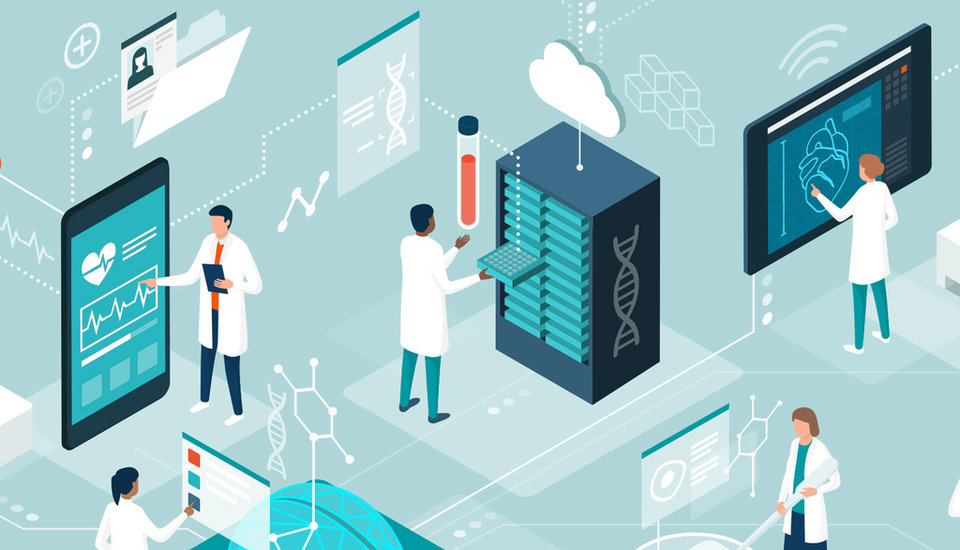

Image: Atomwise CEO and co-founder Abraham Heifets
Use of AI in the fight against Covid-19 shows mixed results
Many artificial intelligence tools have been developed in response to the Covid-19 pandemic, but their results have been mixed, according to analysis by GlobalData.
Dr Judith M. Sills. Credit: Arriello
Dr Eric Caugant. Credit: Arriello
As the Covid-19 pandemic unfolded, the world turned to artificial intelligence (AI) to help curb the spread of the disease. In an attempt to help diagnose Covid-19 faster and more efficiently, hundreds of machine learning programmes and predictive tools were built by software developers worldwide. The results of these tools have been mixed at best.
AI was utilised to help predict the effectiveness of potential Covid-19 drugs for specific targets, as it has been shown to help expedite drug development and reduce the risk of costly failures. AI can help researchers use diverse datasets in their analyses, which can help provide new insights and increase the predictive power of their programmes.
The application of AI to drug programmes did show some successes. BenevolentAI was able to rapidly identify the rheumatology drug baricitinib as a potential repurposed Covid-19 treatment.
The Massachusetts Institute of Technology’s Computer Science and Artificial Intelligence Laboratory was able to use deep learning algorithms to find two new drug combinations for treating Covid-19, namely remdesivir + reserpine and remdesivir + IQ-1S. Reserpine is an adrenergic blocking agent used to treat mild to moderate hypertension, while IQ-1S is a JNK inhibitor and displays strong antiviral SARS-CoV-2 synergy in vitro.
Recent consensus by the Turing Institute is that few of these medical diagnostic tools had any impact, and some of them turned out to be harmful instead of helpful.
The creation of datasets and repositories in response to the pandemic has also facilitated increased sharing and collaboration across disciplines. Mobility datasets were made available by several commercial providers, including Google and Facebook, to model viral transmission, which helped provide evidence of the impact of lockdowns.
The Turing Institute built Project Odysseus, which allowed for the monitoring of street-level activity based on traffic cameras and sensors. This data was used to help improve social distancing by moving bus stops or increasing pedestrian pavement widths. The Turing Institute also worked on the Royal Society’s Rapid Assistance in Modelling the Pandemic initiative, which allowed for the comparison of various lockdown strategies using data on people’s activities.
Despite the successes in many instances, the use of AI has had some failures. Recent consensus by the Turing Institute is that few of these medical diagnostic tools had any impact, and some of them turned out to be harmful instead of helpful.
An analysis of more than 230 algorithms that could be used to diagnose patients to predict future disease outcomes demonstrated that none of them could be used clinically, and only two of them showed enough promise for future testing. Another analysis of more than 400 deep-learning models for the diagnosis of Covid-19 by Cambridge University showed that none were fit for clinical use.
These tools often faced issues because the datasets that were used to train the machine for learning the algorithms were also being used to test the algorithms.
Comment from